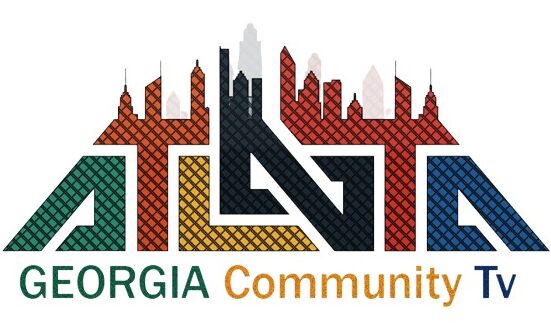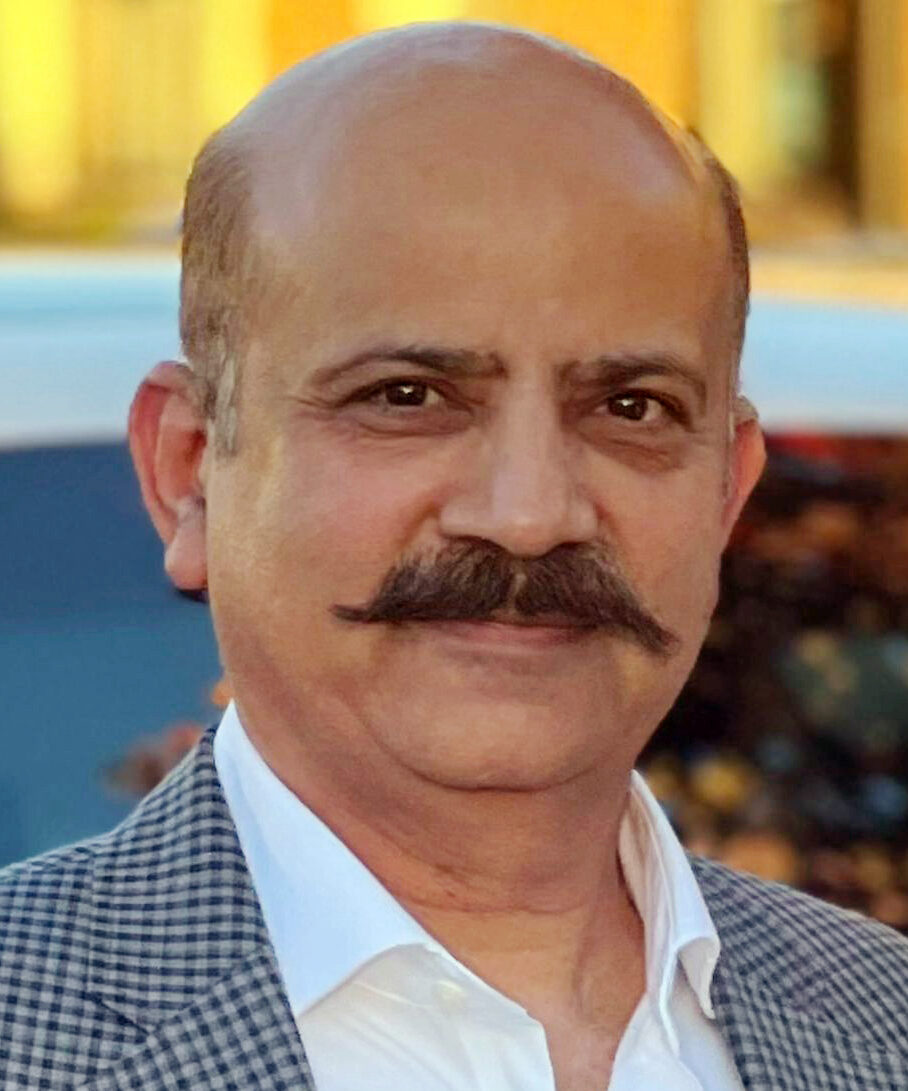Lay Catholics Expected to Retain Big Role in Pope Leo XIV’s Church

You have a preview view of this article while we are checking your access. When we have confirmed access, the full article content will load.
When still a cardinal, the new pope led discussions on key issues facing the church during which “every voice had equal value,” whether an archbishop or an unordained believer.

In the fall of 2024, the cardinal who is now Pope Leo XIV sat at a large round table inside the Vatican, discussing the challenges that face the Roman Catholic Church with a cardinal from Ethiopia, archbishops from Cameroon and Kenya, a cardinal posted to Mongolia, and bishops from Texas and Liberia.
Joining them at the table were a Catholic podcaster from Dallas; a business consultant from Melbourne, Australia; a university administrator from Fiji; and a parishioner from Myanmar, three of whom were women.
Each person at the table, clergy or layperson, was allowed three minutes of uninterrupted speech.
“Every voice had equal value,” said Susan Pascoe, the business consultant, who is chair of Catholic Emergency Relief Australia. She sat at a table with the future pope for the meetings, which often stretched to 11 hours or more a day during four weeks in Rome.
Pope Francis dropped by to listen in, leading another meeting attendee, Wyatt Olivas, a college student from Wyoming, to refer to the pontiff as his “bestie in Christ.”
When Pope Leo XIV stepped out onto the balcony of St. Peter’s Basilica on Thursday and gave his first address as pontiff, he indicated that he would continue this practice of listening closely to many voices.
He called for a “synodal church,” referencing the process of dialogue between church leaders and lay people that was one of Pope Francis’s signature legacies.






